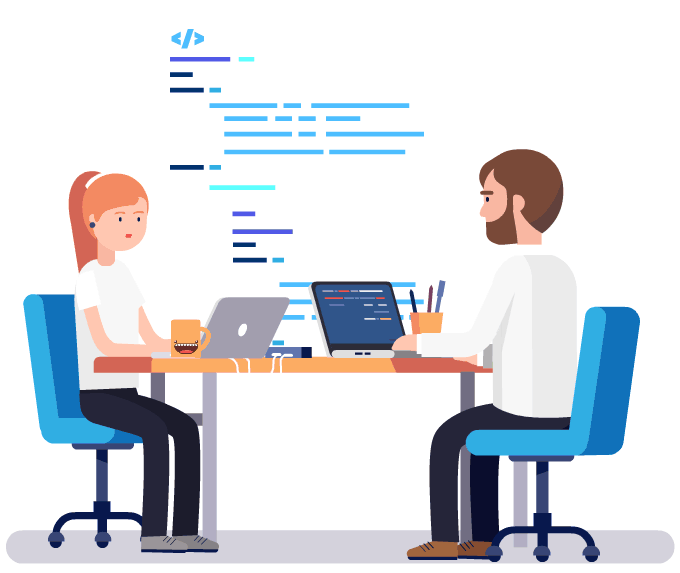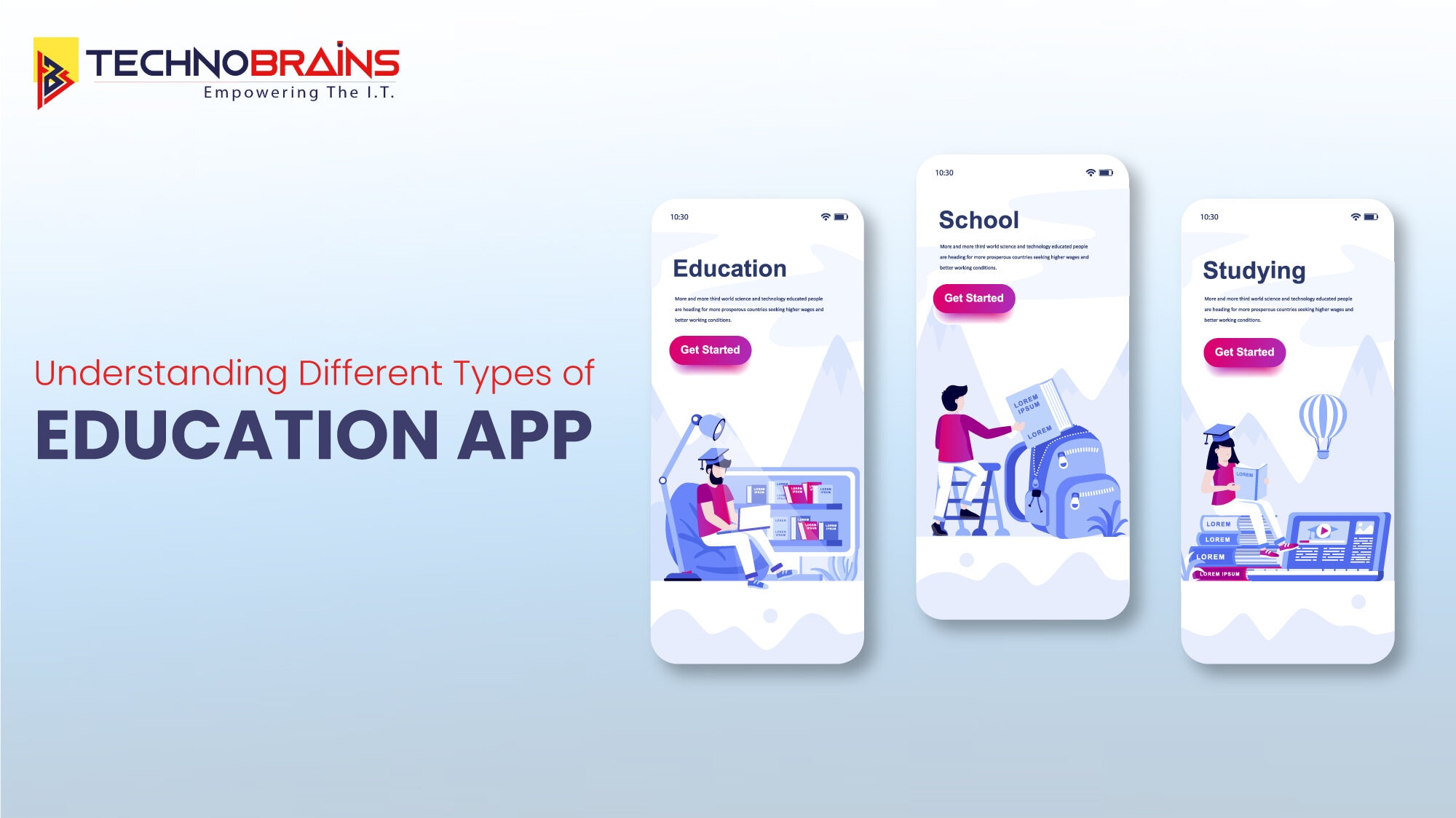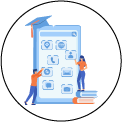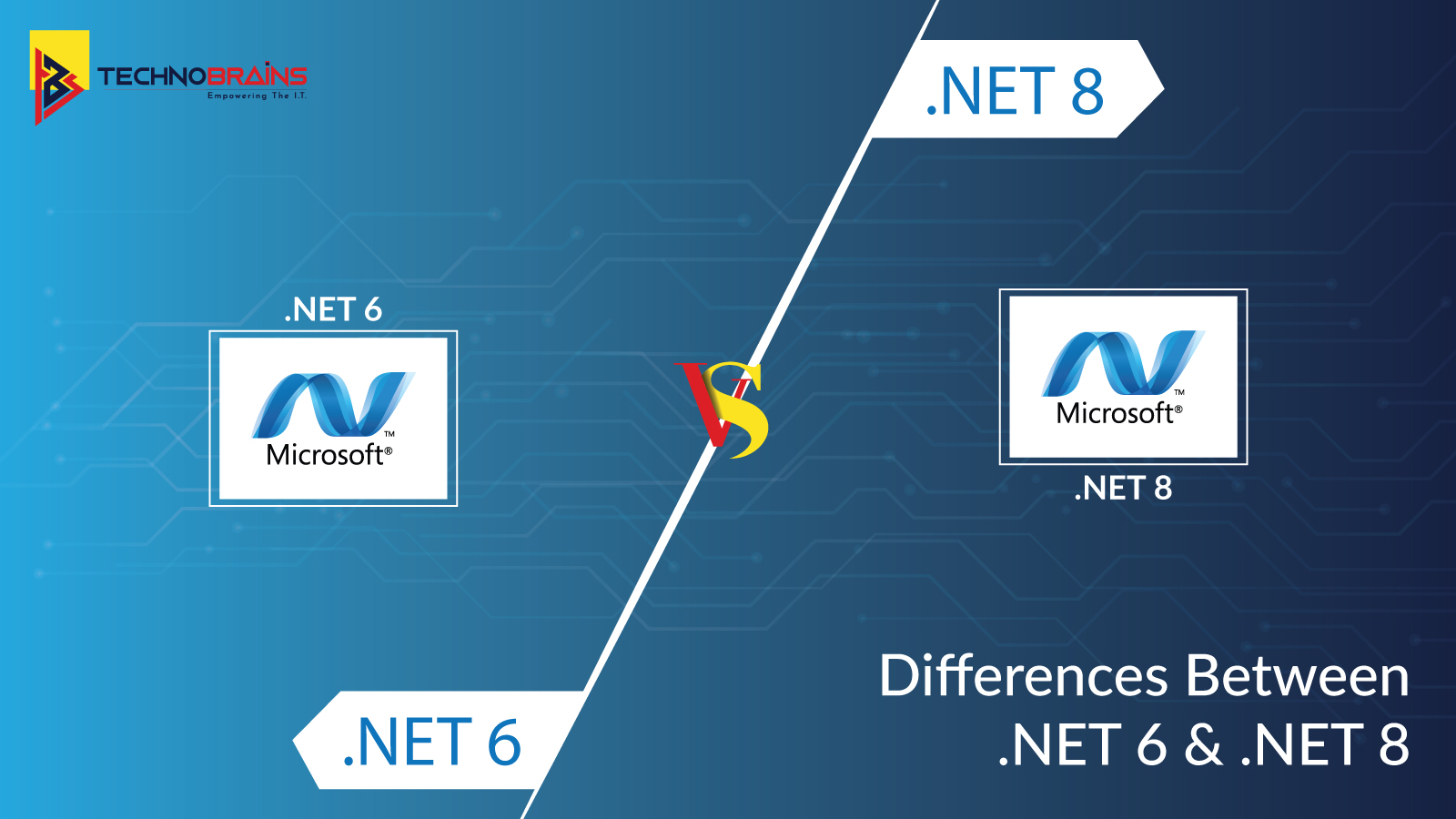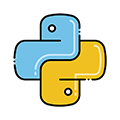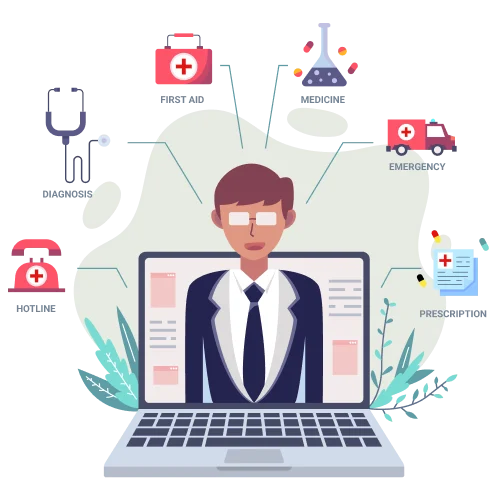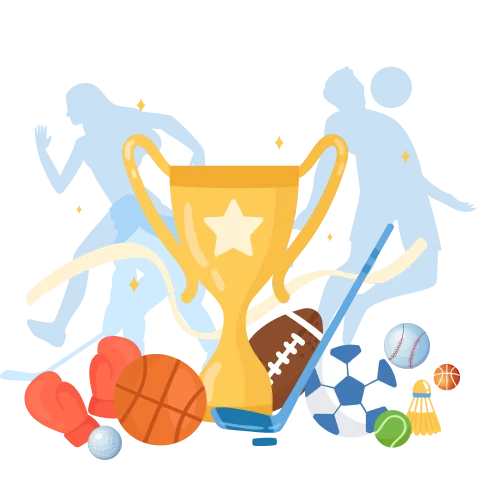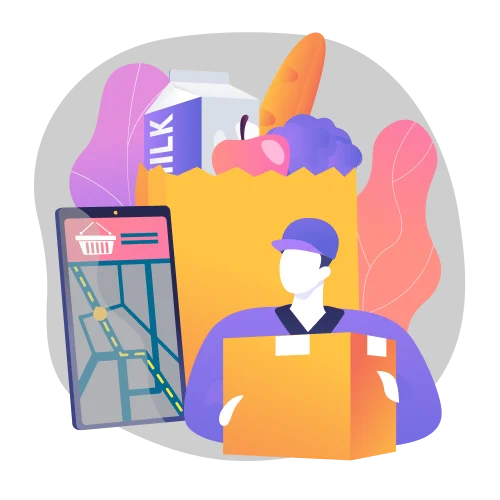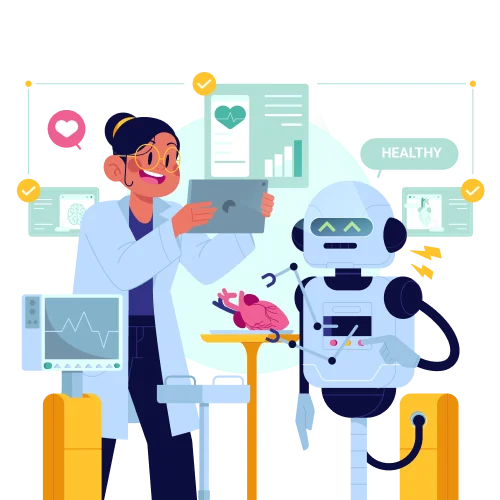Get 40 Hours Free Developer Trial
Test Our Developers for 40 Hours at No Cost - Start Your Free Trial →
Technology has changed the way education reaches students, and it seems that educational apps will remain one of the prime means for such a shift. Various types of educational apps create avenues for learners, teachers, and lifelong learners to reach huge resources and interactive modes of learning. This blog covers six critical educational applications types, providing insight into their features and uses.
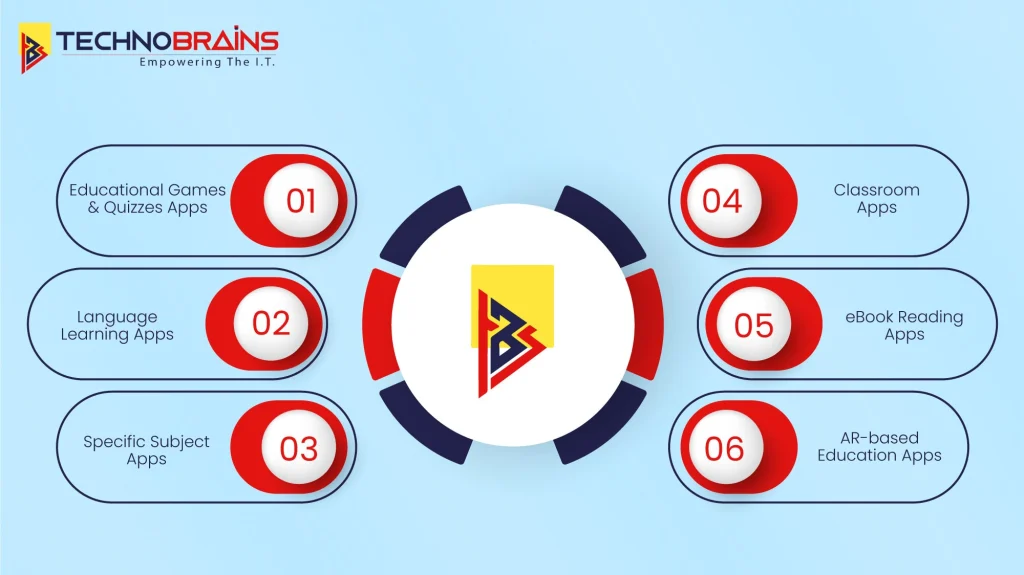
Educational Games and Quizzes Apps
Educational games and quizzes are among the interactive ways one learns something new and has fun at the same time. These applications use gamification, i.e., entertainment in the learning process, and thus keep the learners of every level of age interested in them.
- Interactive Learning: Different kinds of quizzes, puzzles, and challenges are included in the applications, which allow students to approach the content interactively.
- Target Group: From kids who start learning elementary arithmetic to those adults who will get ready for exams, educational game apps target a wide variety of groups.
- Impact: In fact, such research showed that students learn more when using interactive, game-like applications with some kind of competition.
Language Learning Apps
Language learning applications are at least a good tool for any person who wants to learn a new language or achieve greater proficiency in one, as they give some lessons on vocabulary, grammar, pronunciation, and conversational skills.
- Multimedia Support: Most language learning apps provide audio lessons, interactive games, and speech recognition features to enhance pronunciation.
- Personalized learning paths: Most of them make use of AI in tailoring the lessons according to the pace and performance of the learner to ensure effectiveness and make learning fun.
- Global Reach: Users can learn languages ranging from common ones like Spanish, Mandarin, and French to even lesser-spoken languages.
Specific Subject Apps
Subject-specific apps focus on one area of study, such as math, science, or history. To know more about this you can go through an ultimate guide to Education app development.
- Specialized content: While general learning platforms would limit their content to basic information, most subject-specific apps focus on more complex, in-depth topics, sometimes incorporating simulations, practice problems, and tutorials.
- Useful Tools: Most of these solutions offer some real-world tools, such as math graphing calculators or virtual labs for science, to enable students to apply their learning to real-world situations.
- Flexible Learning: With the help of these, learners will be able to supplement classroom education for exam preparation or to master the most difficult topics.
Classroom Apps
Classroom apps are purposed for learning in the structured educational environment. These apps have the purpose of linking teachers and students, parents included in consequential cases, to oversee better management and effective delivery of educational content.
- Collaboration and Communication: Classroom apps enable teachers to assign work, follow progress, and communicate directly with students and their parents.
- Assignment Management: Homework distribution, creating deadlines, and tracking submissions are some of the features provided by such applications.
- E-learning: During the rise of online learning, classroom apps have become a demand for the virtual space that students would require for resource access, discussions, and task completion.
eBook Reading Apps
The eBook reading applications are one of the different types of educational apps that are supposed to be used just like virtual libraries, offering a wide variety of digital books and other study materials on mobile phones.
- Large Libraries: Thousands of volumes are there for learning books, research papers, and study guides on various topics right from elementary learning to advanced academic studies.
- Interactive Features: eBook applications allow students to easily highlight text, make lots of notes, and bookmark pages that they want to revisit with ease.
- Accessibility: This is through text-to-speech or font size adjustment features of the eBook reading apps. They are suitable for students with different learning needs or preferences.
AR-based Education Apps
AR-based education applications represent current trends within the context of educational technology. In these applications, AR detects and superimposes digital information onto real-world images to make learning processes even more interactive and engaging.
- Immersive learning: It allows learners, to use AR-based applications, to conceptualize perceptions of abstract and intricate concepts by way of interactions.
- Practical Application: AR apps allow medical students to visualize human anatomy, and young learners take a ‘hands-on’ approach.
- Engagement: Augmented Reality is novel and interactive, thus it keeps the learners’ attention and helps them focus and derive a better understanding of the subject matter being dealt with.
Also Read, Top 6 Must-Have Features for Educational Apps.
Conclusion
Be it through gamified learning, language acquisition, specialized subject content, classroom management, digital reading, or AR experiences, each type of educational app brings varied types of value to the table. As technology continues, so does the scale of how the future of education may adapt, becoming even more personalized, interactive, and accessible. Are you searching for effective Education app development services then consider TechnoBrains.
Still stuck with questions? Contact us today and get all your solutions here.
